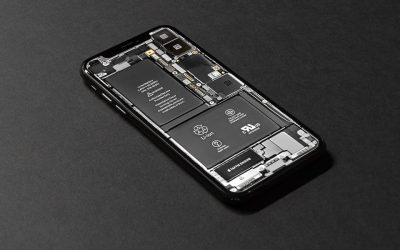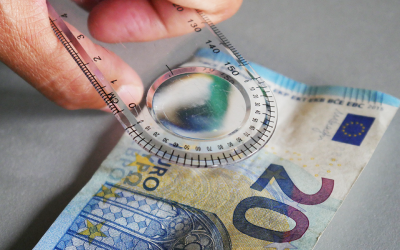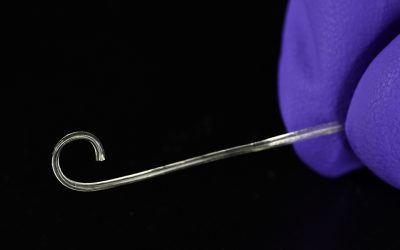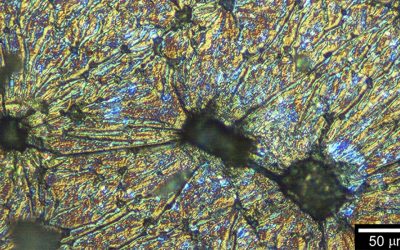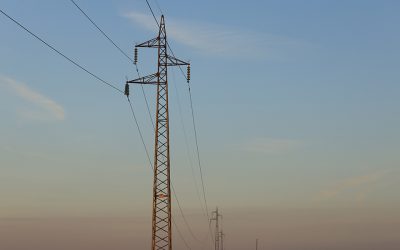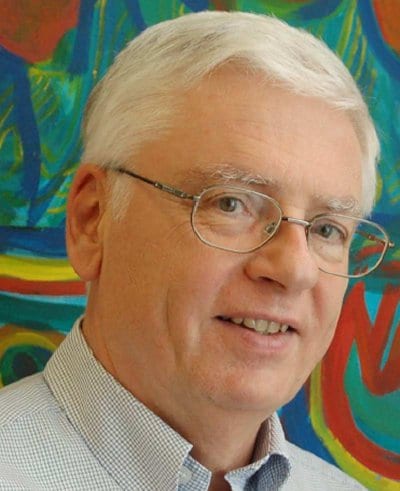 The Max Planck Institute for Polymer Research (MPI-P) in Mainz recently held a colloquium to celebrate the retirement of long-time institute director Professor Hans Wolfgang Spiess (pictured) and the recent inauguration of new directors Professor Paul Blom and Professor Mischa Bonn. Significant restructuring was also reflected in the colloquium title “New Paths and Opportunities”, with renowned international speakers sharing their view of established and emerging new fields.
The Max Planck Institute for Polymer Research (MPI-P) in Mainz recently held a colloquium to celebrate the retirement of long-time institute director Professor Hans Wolfgang Spiess (pictured) and the recent inauguration of new directors Professor Paul Blom and Professor Mischa Bonn. Significant restructuring was also reflected in the colloquium title “New Paths and Opportunities”, with renowned international speakers sharing their view of established and emerging new fields.
The audience of more than 150 participants included interested scientists from academia, industry and publishing as well as many present and past collaborators. They followed impressive talks given by Professors Sir Richard Friend (Cavendish Laboratory Cambridge) and Heinz Bässler (University of Bayreuth), Lyndon Emsley (ENS Lyon) and Daniella Goldfarb (Weizmann Institute Rehovot), Dieter Jahn (BASF SE, Ludwigshafen) and Gijsje Koenderink (FOM Institute Amsterdam) – all presenting their own activities, while also emphasizing their relationship and collaboration with the MPI-P.
Furthermore, new director Paul Blom presented his scientific vision and ongoing work at the MPI-P under the title “How special are organic semiconductors?”, while Mischa Bonn’s talk “Good Vibrations at the MPI-P” explained the opportunities of optically detected vibrational spectroscopy.
Last, but certainly not least, all presenters paid tribute to the scientific work and achievements of Hans Wolfgang Spiess, who has been a director of the MPI-P since 1984, shortly after the institute was founded in 1983 by Gerhard Wegner and the late Erhard W. Fischer. In addition to his outstanding academic reputation in the field of polymer spectroscopy (with focus on magnetic resonance), it became clear from many of the greetings and speeches that Hans Wolfgang Spiess also has been an indispensable part of the institute’s internal organization and was great at applying his diplomatic skills whenever needed.
Prof. Spiess had many successful collaborations with the publishing house Wiley-VCH: as an author and referee for numerous journals, but also as a book author and member of advisory boards. Therefore, representatives of Wiley-VCH were happy to present to Hans Wolfgang Spiess a commemorative book (“Nobels“, photographed by Peter Badge) and a brochure with greetings and memories written by Eva E. Wille, Peter Gregory, and myself.
So, once again: Happy Retirement, Professor Spiess – and we are looking forward to all the things yet to come!
(Logo Copyright: Max Planck Institute for Polymer Research)













